How do you ensure sustainability at a corporate level when it comes to an organization’s internal operations as well as its products and services? Is it possible?
In this InTechnology video, Tom and Camille talk with Jen Huffstetler, Corporate Product Sustainability Lead for Intel. They cover what sustainability at a corporate level means, steps Intel is taking to meet its sustainability goals, how companies can be more eco-friendly, and the industry’s outlook on corporate sustainability.
Corporate Sustainability at Intel: Reaching 80% Lower Carbon Footprint
Corporate sustainability involves reducing the carbon footprint of a company in two key parts: its operations and products. By adopting eco-friendly practices in these two areas, Intel has successfully lowered its carbon footprint by more than 80% in the last decade.
What specific steps did Intel take to achieve this incredible feat? On the operations side, Intel adopted sustainability practices such as extensive use of renewable energy for production, engaging in water restoration projects in communities where Intel has manufacturing sites, and upcycling materials to significantly reduce the waste sent to landfills.
Intel also considers the product features and the consumer’s ability to make choices that will lower their carbon footprint when running a workload. These products are built with 80% renewable electricity.
The Driving Force Behind Corporate Sustainability
Care for the planet is a valid reason to make efforts to lower our carbon footprint as an industry. However, according to Jen Huffstetler, the primary force driving companies to become more sustainable is regulations.
This shift is not only visible in the EU where sustainability regulations are far ahead. It is also coming up in the United States. Major actors like the Securities and Exchange Commission (SEC) are creating proposals to drive standardization in sustainability reporting and hold companies accountable for greenwashing. This action means that companies would be unable to ship products if they do not meet new regulatory requirements.
Corporate Sustainability Today, Tomorrow, and Beyond
When building products, what are some sustainability practices that will help us reduce our footprint? Today, practices such as immersion cooling are helping us save the planet. This technology can help us get a greater computing efficiency per power—do more work with less power.
However, that is not all. According to Jen Huffstetler, a lot of data centers have started to reuse the heat generated during immersion. This renewable heat can be piped into the district heating for the local community, especially in Europe where the cost of heating is rising.
Another part that matters is adding product features that help us take advantage of the silicon in data centers. For instance, products like Xerox have undergone innovations to put accelerator engines within it to speed up the workload. When these accelerators are fully utilized, data centers can improve performance per watt by up to 4X.
On the software side, codes are often inefficient. One of the key factors in reducing carbon footprint is applying AI to codes to ensure they are efficient for your overall processes. This allows you to find inefficiencies and optimize the power within the system. Intel’s customers have taken this approach and have reduced their carbon footprint by 20 – 60% by lowering their energy usage.
However, there is still work to be done. For tomorrow and beyond, one of Intel’s missions is to build tools that help developers to understand energy usage and the carbon intensity of their workload. Another area Intel is invested in is driving renewable energy far and wide and managing its unpredictable nature.
Jen Huffstetler, Intel’s Corporate Product Sustainability Lead

Jen Huffstetler is the Chief Product Sustainability Officer at Intel. With nearly 27 years of experience in the field, Jen has led business transformations focused on optimizing the business and introducing new product categories. She is a Board member of the National Center for Missing & Exploited Children.
View Jen Huffstetler’s LinkedIn page
#corporatesustainability #carbonemissions #sustainability
The views and opinions expressed are those of the guests and author and do not necessarily reflect the official policy or position of Intel Corporation.
—–
If you are interested in emerging threats, new technologies, or best tips and practices in cybersecurity, please follow the InTechnology podcast on your favorite podcast platforms: Apple Podcast and Spotify.
Follow our hosts Tom Garrison @tommgarrison and Camille @morhardt.
Learn more about Intel Cybersecurity and Intel Compute Life Cycle (CLA).
